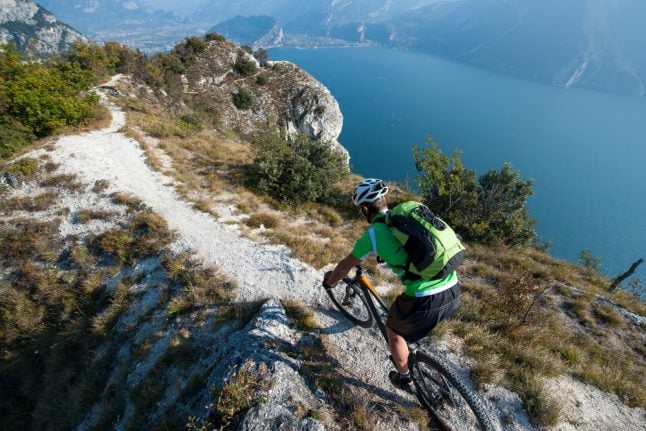Who are Ekomarine?
Based in Stockholm, Ekomarine have developed and produced a novel, biologically-based marine paint for ‘antifouling’ in shipping. The paint makes hulls less attractive to the natural organisms that slow ships down.
The system can be used as a replacement for traditional, more damaging chemical paints and newer ‘green’ alternatives that can often have unforeseen ecological effects.
History?
Ekomarine was formed in Sweden by Claes Tarras Ericsson and Mikael Hæffner. The idea for Ekomarine came to CEO Ericsson while out fishing in a bay on the Swedish coast.
He noticed that a nearby boat’s hull was free of organisms which normally attach themselves, such as barnacles. Ericsson’s interest was piqued and, with the help of researchers, and a quantity of water from the bay, he discovered a number of biological properties which kept the hull clear of marine life.
Together, Ericsson and Hæffner,enlisted the help of several experts across many fields and built up the company and processes now used in their Neptune Formula, a product recently launched at the Gothenburg Boat Fair for the Baltic region.
The sales pitch
At the core of their Neptune Formula, which attempts to mimic nature, is an interesting bio-chemical process. The organic paint used by Ekomarine provides nutrients for marine bacteria.
With the rate of release of these nutrients carefully controlled, oxygen-consuming bacteria create a low-oxygen environment immediately around the hull.
This low-oxygen environment is inhospitable to marine organisms such as molluscs, thus keeping the hull free of unwanted guests without resorting to harmful pollutants which damage the already fragile marine ecosystems.
Future
The system’s performance and environmental credentials, important factors in modern shipping, have attracted attention from venture capitalists – to the tune of €2 million ($3 million) – among others.
The potential market in the Baltic region alone is more than enough for the productive capacity of this small company to handle for the moment.
Future expansion could take a number of routes. An obvious one is through vertical integration, offering a complete service or clean-up, products and application.
In the coming years, it would be hard to bet against tougher marine pollution laws globally, and this will inevitably increase demand for products such as Neptune Formula.




 Please whitelist us to continue reading.
Please whitelist us to continue reading.